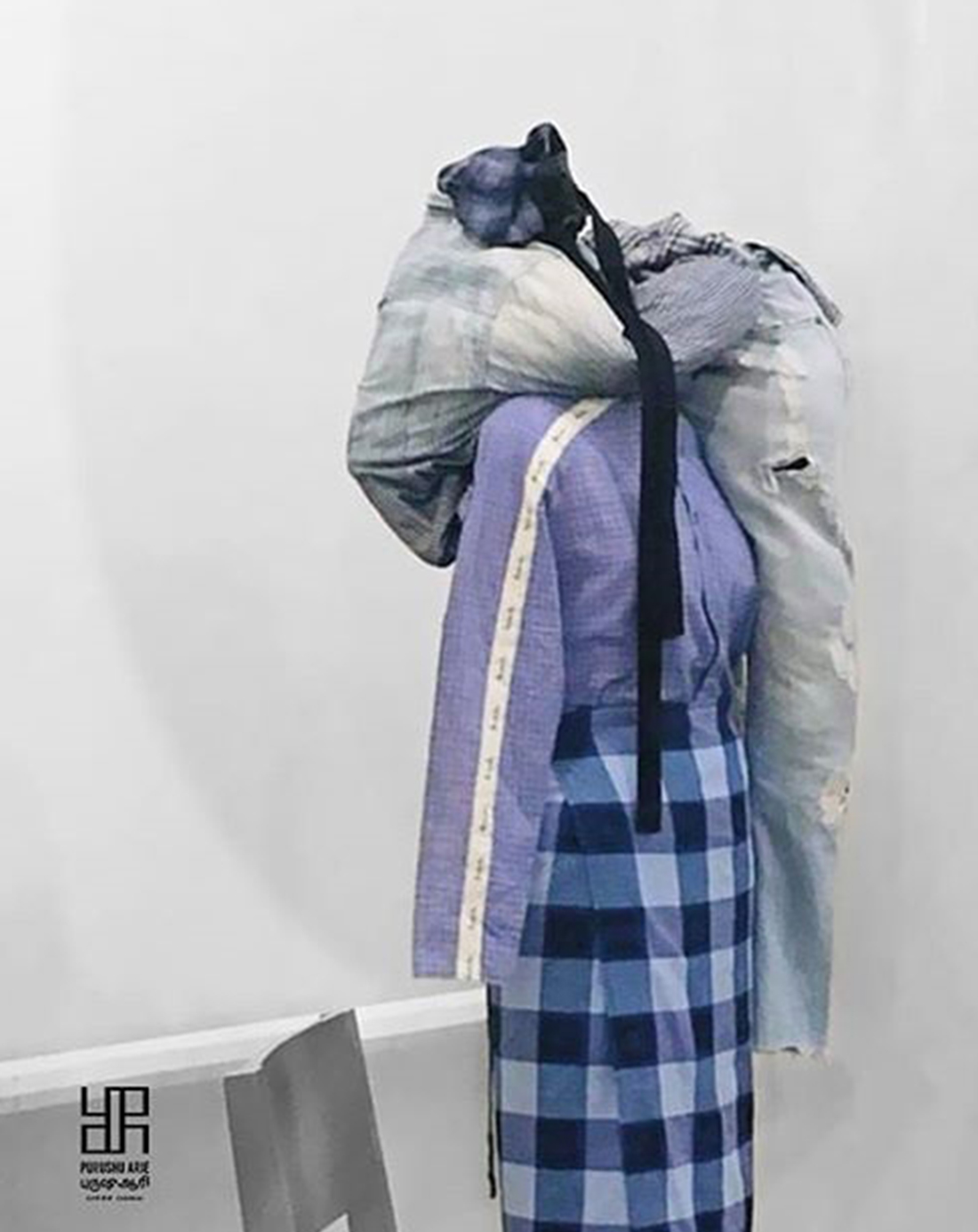Your basket is currently empty!
Trickle Down Fashion Trends
Trickle down fashion trends originate from elite sections of the society and trickles down to masses. Trickle down fashion trends are expensive upon introduction so that only the wealthy can afford it. The trend becomes affordable to general masses when its novelty wears out and the price falls gradually – by which time, the elite sections switch to new fashion trends – which again trickle down to masses with time, thereby enabling a continuous fashion cycle that flows from elite sections to lower economic classes.

In the film The Devil Wears Prada, Miranda Priestly cites trickle down trend of cerulean to defend the existence of fashion industry. In a snooty tone, Miranda Priestly explains: “In 2002, Oscar de la Renta did a collection of cerulean gowns. And then I think it was Yves Saint Laurent… wasn’t it who showed cerulean military jackets? ….. And then cerulean quickly showed up in the collections of eight different designers. And then it, uh, filtered down through the department stores and then trickled on down into some tragic Casual Corner where you, no doubt, fished it out of some clearance bin.”
But is the fashion of general masses always dictated by handful of elite fashion insiders like Miranda Priestly? NO.
Trickle Up Fashion Trends
Trickle up fashion trends are born among masses and flow from lower economic classes to affluent sections. Jeans are an omnipresent example of trickle up fashion trend – initially worn by miners, factory workers, and farmers, which gradually gained acceptance among larger audience and by 1970s jeans trickled up to become popular casual wear in America. T-shirt is another trickle-up style which was originally confined to blue-collar workers but evolved into must-have wardrobe staple due to its practicality and comfort.

Trickle Down Exclusivity vs Trickle Up Inclusivity
Trickle down fashion trends are exclusionary where a particular trend becomes undesirable the moment it reaches the masses. Trickle down fashion involves clear hierarchies of superordinate and subordinate roles where the former seeks to differentiate from the latter. In trickle down themes, elite classes protect status quo by exclusively playing the fashion innovators while general masses are assigned the role of fashion followers.
Unlike the exclusivity driven trickle down fashion, trickle up trends are born from inclusive cultural exchanges and unity of masses. While trickle down fashion isn’t even tolerant, trickle up fashion is accepting. Trickle down is fashion fascism whereas trickle up is freedom. Trickle up is freedom from trickle down elitism. It finds liberation in being inclusive. In a world where everyone wants to be different, the most different thing one can do is to celebrate oneness. Trickle up fashion’s celebration of oneness itself shouldn’t be mistaken for lack of individualism. Historically, trickle up revolutions like Punk, Hippie, Dravidian Self-Respect movement etc gave us new ideas that were individualistic, rebellious, liberating, experimental, and critical of tradition.

Trickle Across Fashion Theory
Mass production and mass communication has relatively democratisatised fashion. In the era of streetstyle and fashion influencers, fashion pundits give credence to trickle across fashion theory which states that fashion trends trickle down and trickle up simultaneously. In communication era, it is significant for a style to get social visibility through mediums like movies, pop culture, magazines etc for it to emerge as a trend. Despite the presence of democratic digital platforms, inclusivity still hasn’t reflected in power structures controlling fashion industry, and therefore, the inspirations continue to be largely elitist, urban, and white (or Brahminical in Indian context). Any attempt at drawing trickle up inspirations by such non-diverse white/Brahminical teams often leads to a case of cultural appropriation and theft with no representation of the community from whom the style/culture originated.
9 responses to “Trickle Up vs Trickle Down Fashion Trends – Through the Gaze of Inclusivity”
Humans always feel monotonous within themselves, which leads to depression
The rich pretend to be poor and the poor like to live like the affluent.nice to read so much informative thoughts
One hell of an insightful article on the trickle up and trick down fashion. Thank you for jotting down this one for your readers.
I am shocked. I have never seen before as like that…
Nice Article i Learn Soo much things , Thank You. Its Is so Good.
Thanks for the enlightenment
Fluctuating trends are certainly hard to monitor. Interesting article.
Amazing post !
Hey,
I must admit this article is so intriguing for fashion enthusiasts like me. Got to know a lot new things. Truly informative!

Leave a Reply